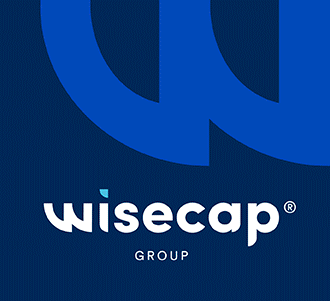“In the beverage industry, there is growing interest in labelless bottles and the role they can play in supporting the move towards a circular economy,” says Nigel Allen, Marketing Manager 2D Codes & High-Resolution Inkjet, Domino. “Although plastic labels are often recyclable, they typically need to be removed prior to disposal to ensure that both labels and bottles can be recycled.”
Removing the need for labels not only helps to simplify the recycling process and reduce the total quantity of plastic required but can also help manufacturers to save up to 5% on their production costs, as well reducing the financial burden in regions with plastic taxation.
The trend for labelless bottles is being explored with interest in the beverage industry, as governments worldwide explore projects to increase plastic recycling rates and improve the quality of recycled materials. South Korea recently became the first country to take a stance on this, with the Ministry of Environment launching new legislation which will prohibit the use of external labels on bottled water from January 2026.
“These new regulations pose a challenge for beverage manufacturers who need to adhere to product labelling requirements and communicate with their consumers and must find a way to do so without compromising production performance,” continues Allen. “With this challenge in mind, we worked with several leading Korean bottled water manufacturers to develop a solution for high-speed, in-line variable data printing on bottle closures.”








